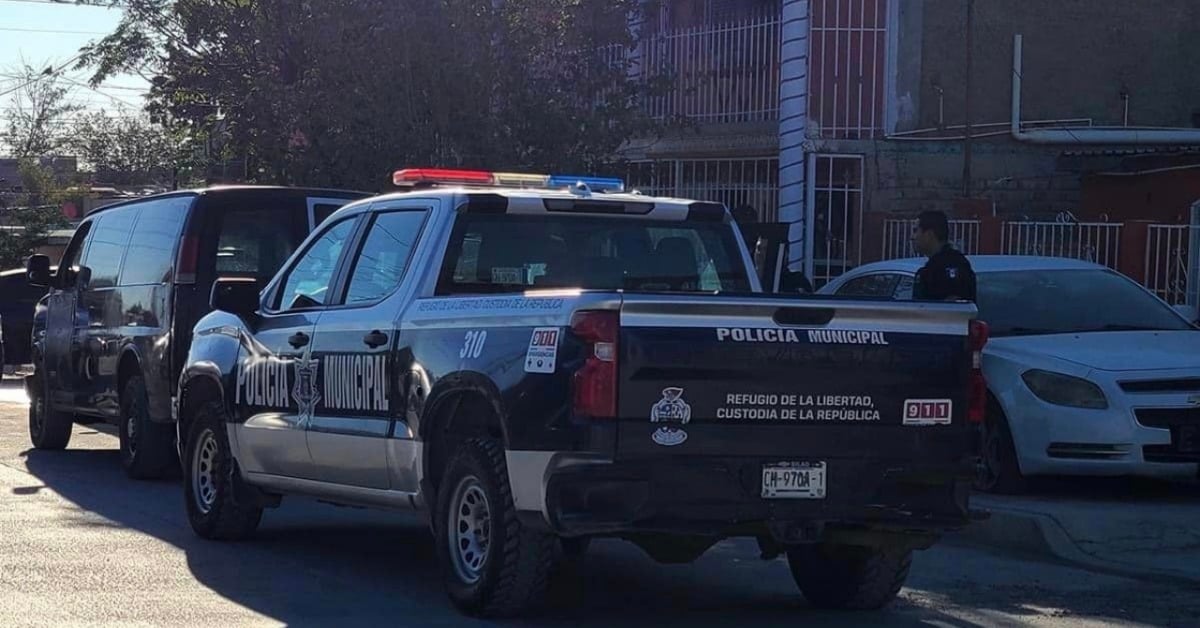A 17-year-old U.S. girl from New Mexico who went missing in Ciudad Juárez on July 16 was found dead, authorities confirmed on July 29, 2025 . . .

A 17-year-old U.S. girl from New Mexico who went missing in Ciudad Juárez on July 16 was found dead, authorities confirmed on July 29, 2025 . . .
